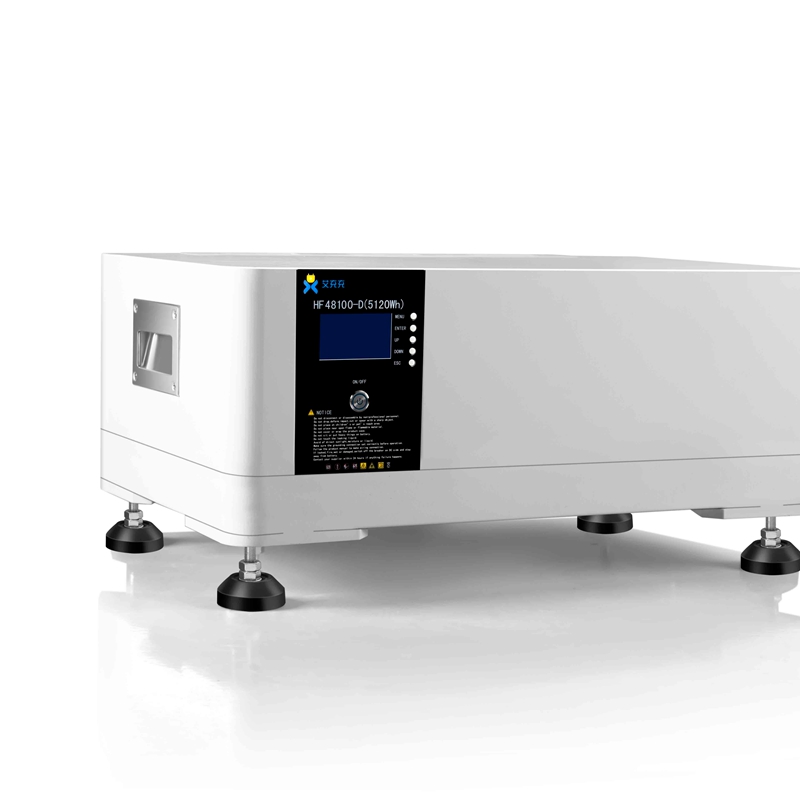
11월 . 18, 2024 13:30 Back to list
mechanical energy storage ups product
Mechanical Energy Storage UPS A Reliable Power Solution
In today's fast-paced digital world, uninterrupted power supply (UPS) systems are paramount for businesses and industries alike. The increasing dependence on technology exposes organizations to significant risks associated with power outages, voltage fluctuations, and electrical interferences. Therefore, a robust power backup system is crucial for maintaining operational continuity. One innovative solution gaining traction in this respect is the mechanical energy storage UPS, which combines cutting-edge technology with sustainable energy practices.
Understanding Mechanical Energy Storage
Mechanical energy storage utilizes physical devices to store energy in a mechanical form, typically through the use of flywheels. Unlike traditional battery-based UPS systems, which rely on chemical processes to generate and store energy, mechanical systems capitalize on kinetic energy. In essence, flywheels are large, rotating masses that can absorb energy when electricity is abundant and release it during power outages or irregular supply.
The fundamental principle behind flywheel energy storage is simple when electrical energy is fed into the system, it spins the flywheel at high velocities, converting electrical energy into kinetic energy. During a power disruption, the flywheel's stored kinetic energy can be converted back into electrical energy, providing immediate power to connected loads.
Advantages of Mechanical Energy Storage UPS
1. High Efficiency One of the most significant advantages of mechanical energy storage systems is their efficiency. With energy conversion efficiencies exceeding 90%, they outperform many traditional battery systems. This high efficiency reduces energy losses and ensures that more stored energy is available for use in times of need.
2. Long Lifecycle Unlike chemical batteries that have a limited number of charge-discharge cycles and degrade over time, flywheel systems can last for decades with minimal maintenance. Their robust construction makes them resilient against wear and tear, leading to lower lifecycle costs and reduced environmental impact.
mechanical energy storage ups product

3. Fast Response Time Mechanical UPS systems can deliver power almost instantaneously, typically within milliseconds. This rapid response is crucial for protecting sensitive equipment from potential damage during power disruptions.
4. Sustainability As companies strive for greener solutions, mechanical energy storage presents a compelling option. Flywheel systems do not rely on toxic chemicals and can be recycled at the end of their lifespan, contributing to a more sustainable approach to energy storage.
5. Space Efficiency Flywheels can offer a compact solution for energy storage compared to conventional battery systems, which often require significant space. This aspect is particularly beneficial for businesses with limited space for equipment installation.
Applications of Mechanical Energy Storage UPS
Mechanical energy storage UPS systems are increasingly being utilized across various sectors. They are particularly effective in data centers, telecommunication facilities, and hospitals where continuous power supply is critical. Industries that experience sudden surges in power demand—such as manufacturing and transportation—also significantly benefit from the quick power backup provided by flywheel systems.
Moreover, with the push towards renewable energy integration, mechanical energy storage can aid in stabilizing power supply by storing excess energy generated during peak production times, thus preventing grid overload and ensuring a consistent energy flow.
Conclusion
As the world adapts to the challenges posed by an ever-increasing reliance on technology, the need for efficient, reliable, and sustainable power solutions becomes paramount. Mechanical energy storage UPS systems offer an innovative and robust solution to meet these needs. With their high efficiency, long lifecycle, rapid response time, and minimal environmental impact, they represent the future of power management systems in an increasingly electrified world. As organizations continue to pursue energy resilience and sustainability, mechanical energy storage will undoubtedly play a significant role in shaping the future of power supply.
-
Advanced AI Energy Management with GPT-4 Turbo
NewsAug.02,2025
-
AI-Powered EMS with GPT-4-Turbo | Efficiency Boost
NewsAug.01,2025
-
Optimized Storage System for GPT-4-Turbo | High Performance
NewsJul.31,2025
-
AI Energy Management System w/ GPT-4 Turbo Efficiency
NewsJul.31,2025
-
High-Performance Energy Storage System for Reliable Power Solutions
NewsJul.30,2025
-
Advanced EMS Solutions for Energy Management System & Storage Battery Companies
NewsJul.29,2025























